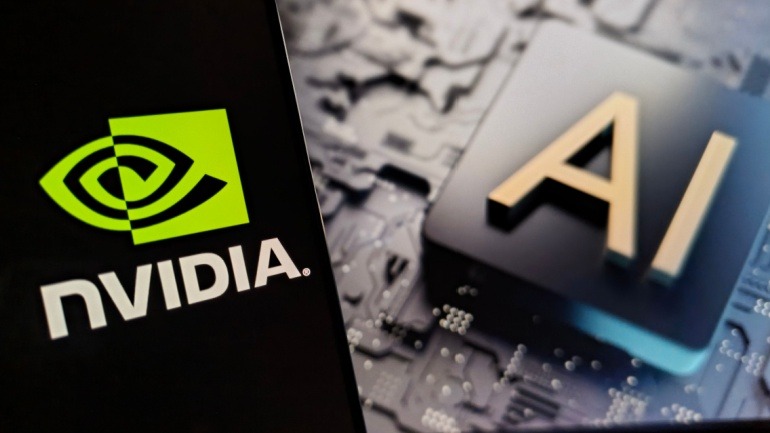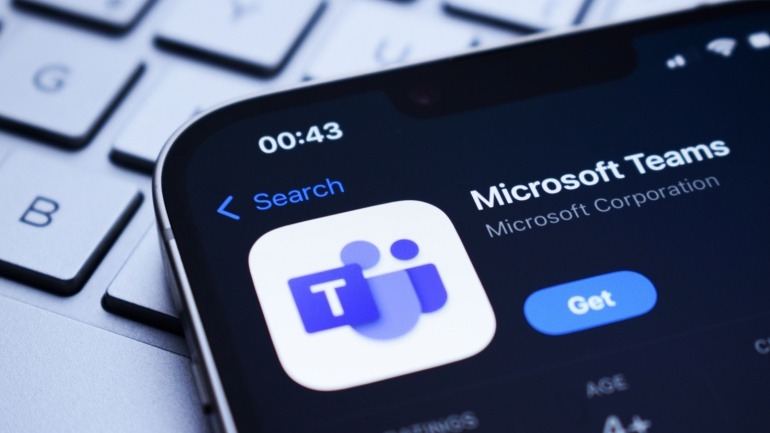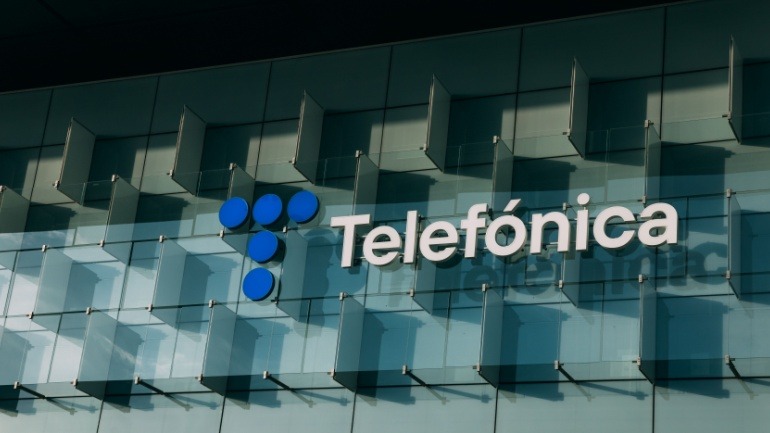NVIDIA’s GTC DC event underscored AI’s transformative impact on business and process automation, highlighting the essential role of engineers. While AI accelerates tasks, it demands engineers adapt, combining traditional expertise with innovative tools. This shift, involving AI-driven tools like NeMo Data Designer by Cadence, enhances efficiency in sectors like aerospace and engineering.
RingCentral has consistently proven its dominance in the VoIP arena, securing its place in the Gartner Magic Quadrant for UCaaS for eleven straight years. By leveraging AI, RingCentral innovates business communications, ensuring seamless integration with third-party apps. Maintaining leadership amidst technological evolution remains a significant challenge, keeping VoIP innovation at the forefront.
Amazon’s recent decision to reduce its corporate workforce by 30,000 employees marks a pivotal moment in the industry, underscoring a shift towards AI-driven efficiency. Amazon Web Services and several departments will face cuts as the company, under CEO Andy Jassy, prioritizes streamlining operations and reducing bureaucracy. This strategic move highlights AI’s transformative role in modern business practices, challenging traditional management. Other tech giants like IBM and Accenture follow similar paths, indicating a broader industry trend. As Amazon embraces automation, its policies on workspace attendance ignite discussions on balancing human roles with digital innovation.
Cybersecurity in the VOIP industry faces escalating threats as AI advancements surge. John Grancarich, Fortra’s Chief Strategy Officer, emphasizes combining offensive testing with defense to prevent attacks like reconnaissance and data exfiltration in VOIP systems. Integrating AI for generative security, threat detection, and SOC automation is crucial to enhancing protection.
Revolutionizing patient interaction, PatientSync partners with Telnyx to enhance healthcare through AI-driven voice technology. Integrating Telnyx’s voice infrastructure, PatientSync offers seamless patient interactions for scheduling and billing, emphasizing low-latency communication. This collaboration underscores AI’s role in efficient patient engagement, setting new standards in healthcare telecommunications.
In today’s hybrid work environment, Microsoft Teams is pivotal for workplace transformation, with over 320 million users. However, Microsoft Teams governance remains a challenge, often hindering progress, promoting shadow IT, and risking data leaks. Striking the right balance in governance is key to secure and efficient collaboration.
Telefónica’s new messaging service, rooted in Rich Communication Services (RCS), revolutionizes enterprise communications. By integrating AI, businesses can automate interactions, enhancing customer satisfaction and operational efficiency. RCS surpasses traditional SMS, offering engaging content like images and videos. This strategic shift promises improved reliability, segmentation, and personalized communication for businesses.
In today’s telecom landscape, the trust in voice channel connectivity is dwindling, largely due to unidentified spam calls. Roughly 80% of such calls go unanswered, impacting genuine business interactions. That’s where Hiya comes in. With services like Hiya Protect and Hiya Connect, they redefine call identification, leveraging AI and strategic partnerships with giants like AT&T, Samsung, and Vodafone. Their innovative solutions enhance call transparency and protect brands, thereby revitalizing consumer trust and improving answer rates. Embrace the future of VoIP with Hiya’s tailored, cutting-edge solutions, and restore confidence in your communications.
Telecoms are at a crossroads, seeking a shift from “telco to techco” while optimizing VoIP and AI integration. Despite hurdles, strategic choices in network and service delivery remain crucial. As VoIP technologies evolve, transformative steps in AI and data centers are key for future success and sustainability.
In the fast-changing digital world, consumers are gravitating towards AI assistants such as ChatGPT and Google Gemini for convenience and speed, according to TELUS Digital. Survey data reveals that 32% of users have shifted from traditional apps to AI. The trend is driven by factors like faster task completion and enhanced accessibility, reshaping technology use.













